In today’s fast-paced retail and hospitality environments, businesses require more than just a traditional cash register. The need for a mobile POS system—a flexible, portable, and efficient checkout solution—has skyrocketed. Whether you’re running a food truck, managing a multi-location store, or enhancing in-aisle service in a large-format retail chain, choosing the right platform can directly affect customer experience, operational efficiency, and even your bottom line.
This article provides a comprehensive comparison of the three most common mobile POS platforms—iPad-based, Android-based, and dedicated all-in-one terminals—helping you evaluate which system truly meets your needs in 2025.
1. iPad-Based Mobile POS Systems
iPad POS systems are popular among boutique retailers and quick-service businesses for their simplicity and visual appeal.
Advantages:
- Sleek, modern design that appeals to customer-facing environments
- Access to a wide variety of POS apps (Square, Shopify, Lightspeed)
- Easy setup and user-friendly interface
Limitations:
- Not designed for rugged or high-volume use
- May require separate Bluetooth peripherals (e.g., barcode scanner, receipt printer)
- Limited battery life when used all-day
Best for: Cafés, salons, pop-up stores, or businesses prioritizing aesthetics over durability.
2. Android-Based Mobile POS Systems
Android-based systems offer greater hardware diversity and are often more budget-friendly. They’re ideal for businesses looking for flexible system integration and scalability.
Advantages:
- Wide range of hardware options and price points
- Easy integration with external hardware: Bluetooth receipt printers, barcode readers, payment terminals
- Customizable UI and backend systems
- Many models support offline payments, which is vital for areas with unstable internet connectivity.
Limitations:
Varying levels of software optimization across vendors
Some fragmentation in system updates and support
Best for: Growing retail shops, restaurants, and multi-branch operations needing flexibility and cost-efficiency.
3. All-in-One Mobile POS Terminals
All-in-one devices—such as TCANG’s TC-TOUCH A9S—are purpose-built for commercial use, integrating everything into a single compact unit.
Advantages:
- Seamless integration of screen, receipt printer, scanner, card reader, and NFC/EMV compatibility
- Designed for high-reliability environments: 24/7 operation, dust-proof, heat-resistant
- Modular secondary display options, e.g., 15.6” rear screen for customer visibility
- Tool-free assembly and maintenance, optimized for fast field servicing
Limitations:
- Less flexibility for businesses wanting to mix & match hardware
- Slightly higher upfront investment (offset by longer lifespan)
Best for: Supermarkets, convenience stores, quick-service restaurants, and any environment needing reliable, high-speed checkout.
Feature Comparison Table
| Feature | iPad-Based | Android-Based | All-in-One Terminal |
|---|---|---|---|
| Setup Speed | ⭐⭐⭐⭐ | ⭐⭐⭐ | ⭐⭐⭐⭐ |
| Durability | ⭐⭐ | ⭐⭐⭐ | ⭐⭐⭐⭐ |
| Offline Payment | ❌ (limited) | ✅ | ✅ |
| Peripheral Compatibility | ⚠️ External devices required | ✅ Flexible | ✅ Built-in |
| Battery Life | ⚠️ Shorter | ✅ Varies | ✅ Industrial-grade |
| Multi-location Suitability | ❌ | ✅ | ✅✅ |
Key Considerations When Choosing a Mobile POS System
Operational Environment: Are you running an air-conditioned café or a rugged warehouse outlet?
Peripheral Needs: Do you need barcode scanning, weighing scale integration, or kitchen printers?
Payment Modes: Do you accept QR code payments, cards, and cash, or need offline payment failover?
Support and Serviceability: How quickly can technicians replace a component?
Conclusion
A mobile POS system is not just a billing device—it’s the frontline of your customer experience. While iPad-based systems are best for speed and aesthetics, Android platforms offer a strong middle ground in flexibility. All-in-one terminals like the TCANG products deliver enterprise-level stability, modularity, and ease of servicing—making them a top choice for retailers who prioritize uptime and customer satisfaction.

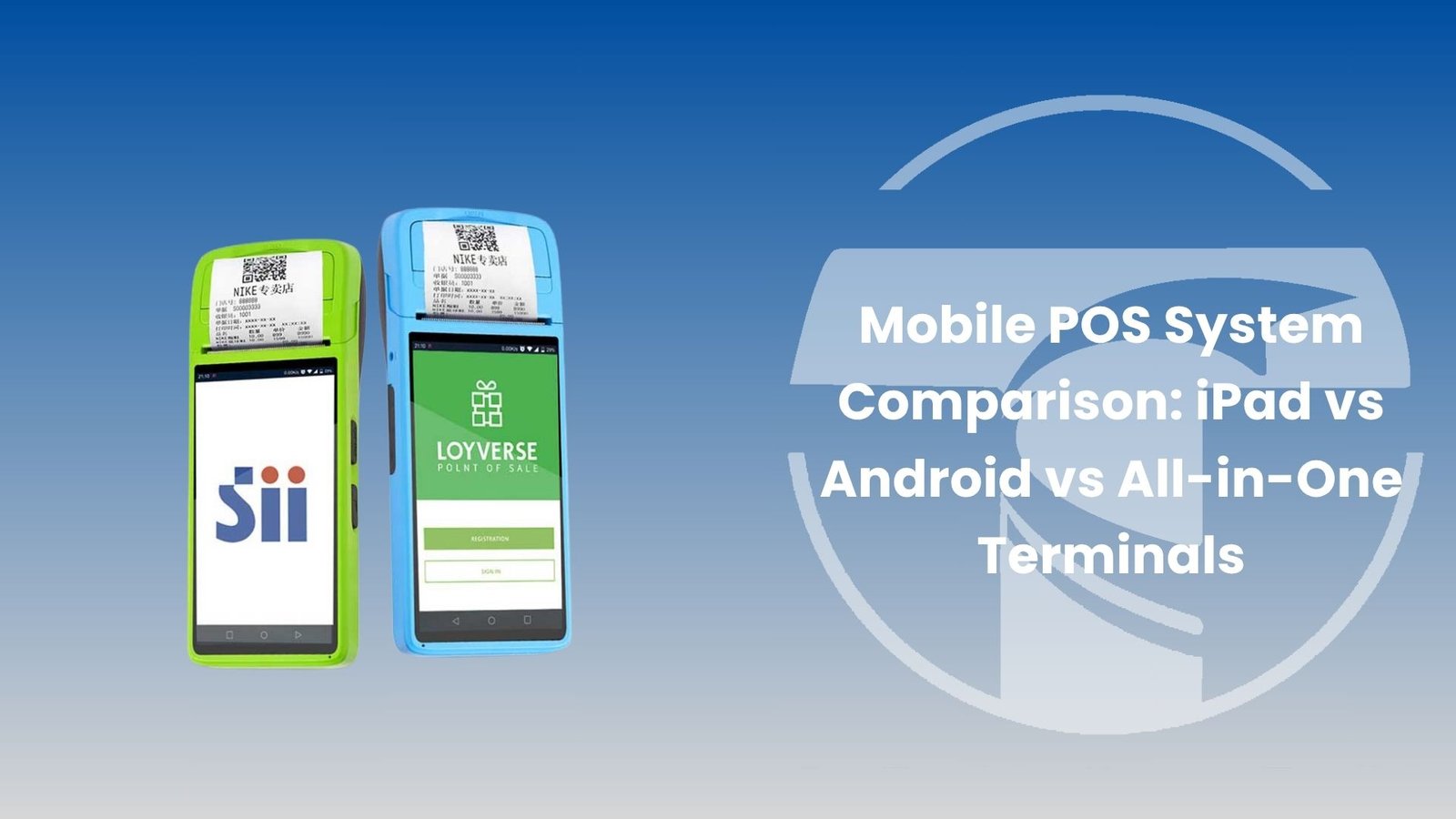
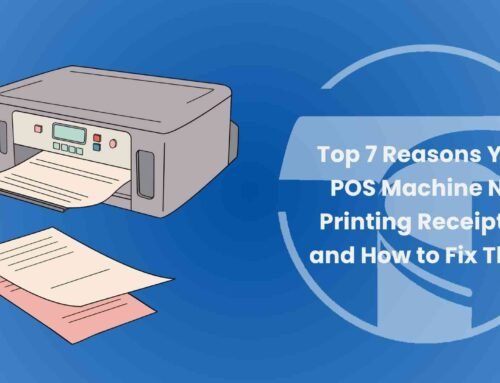
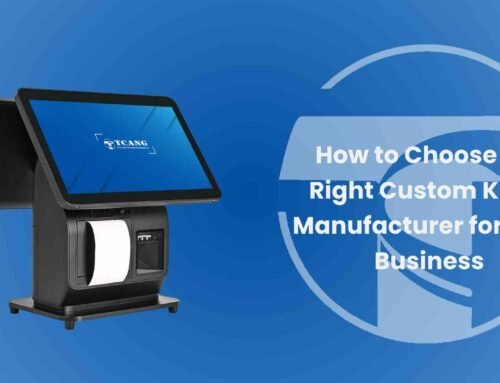
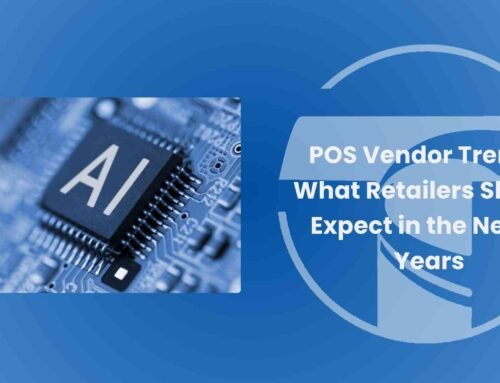
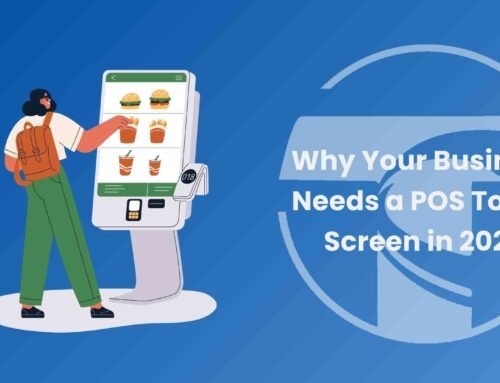

Leave A Comment